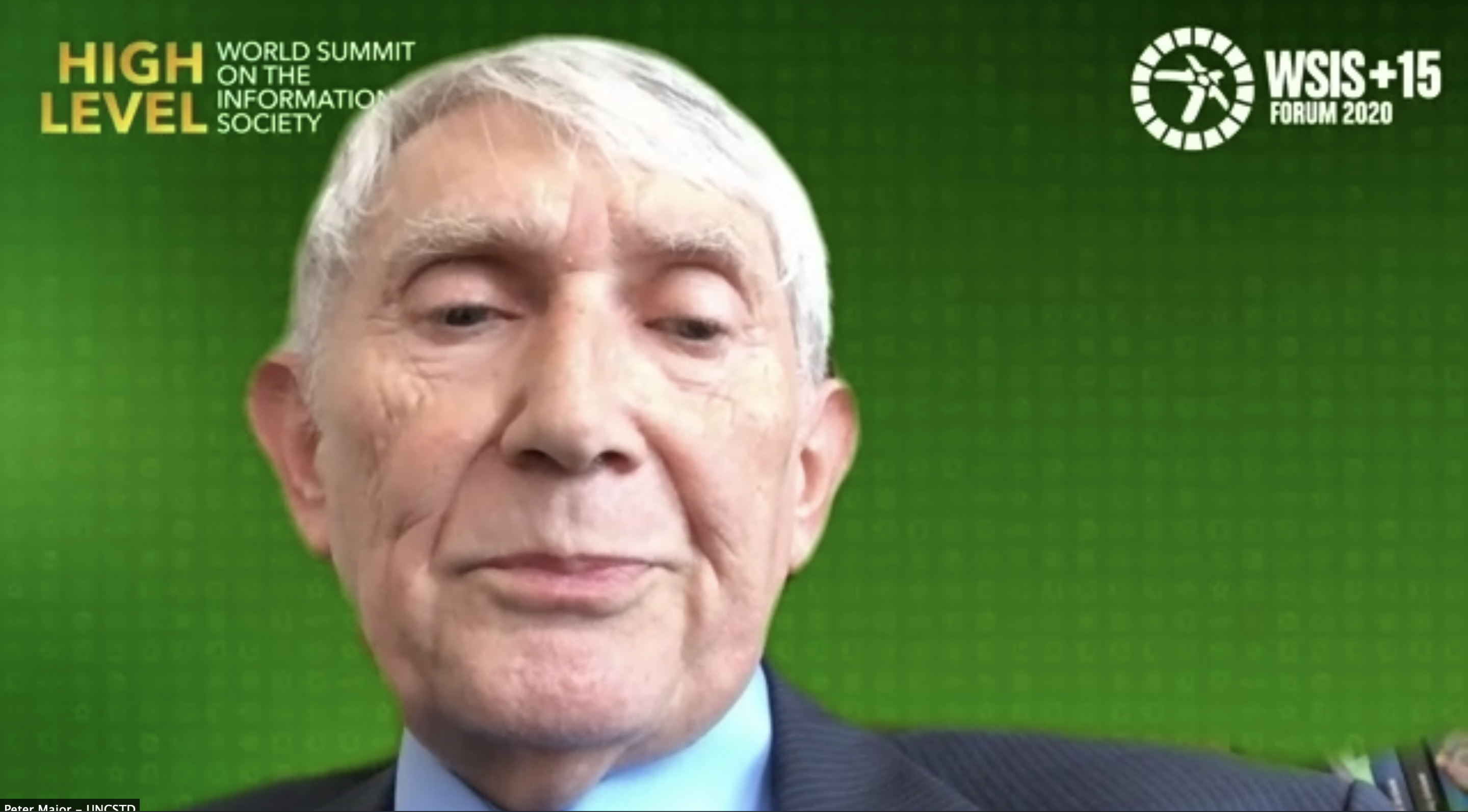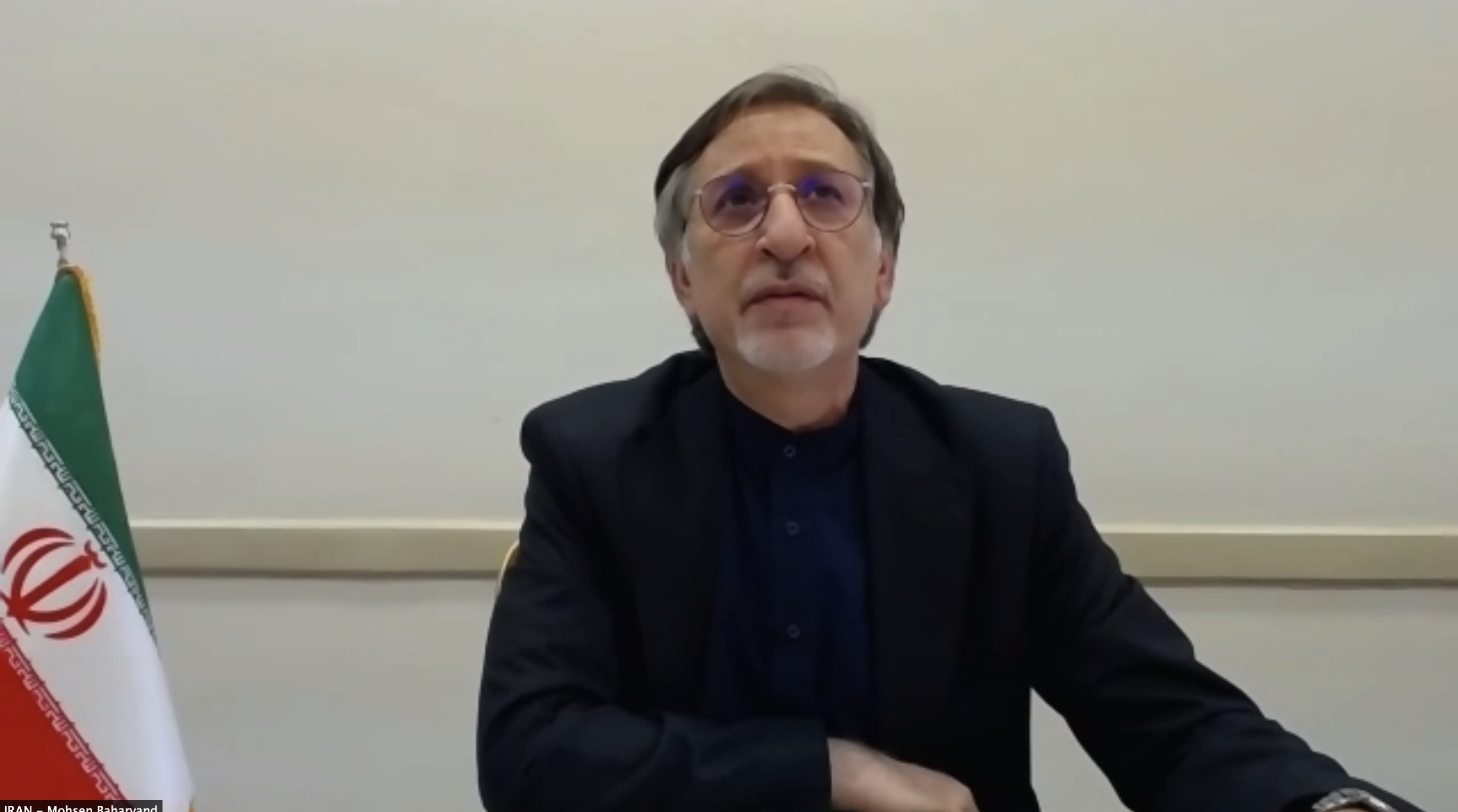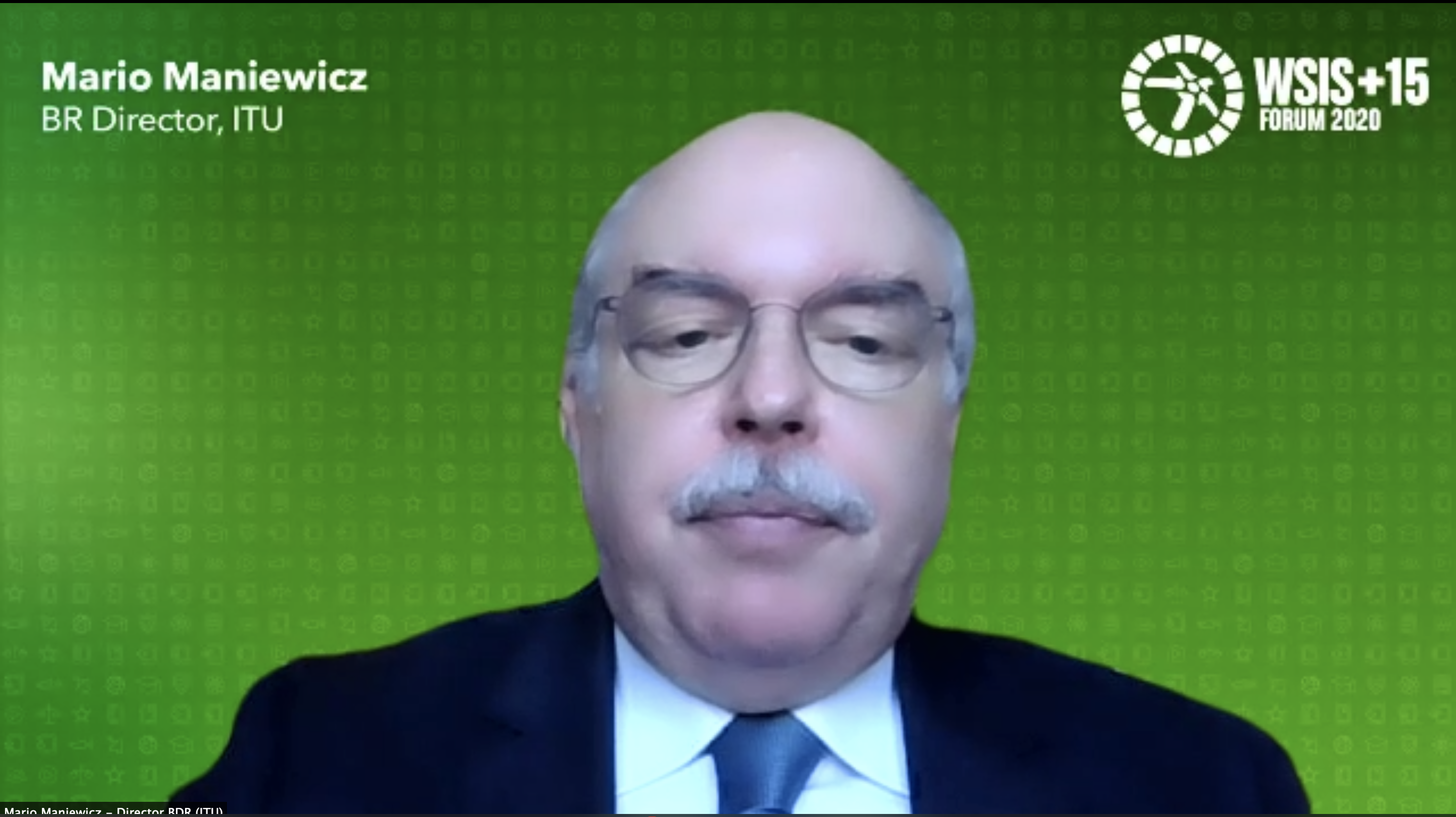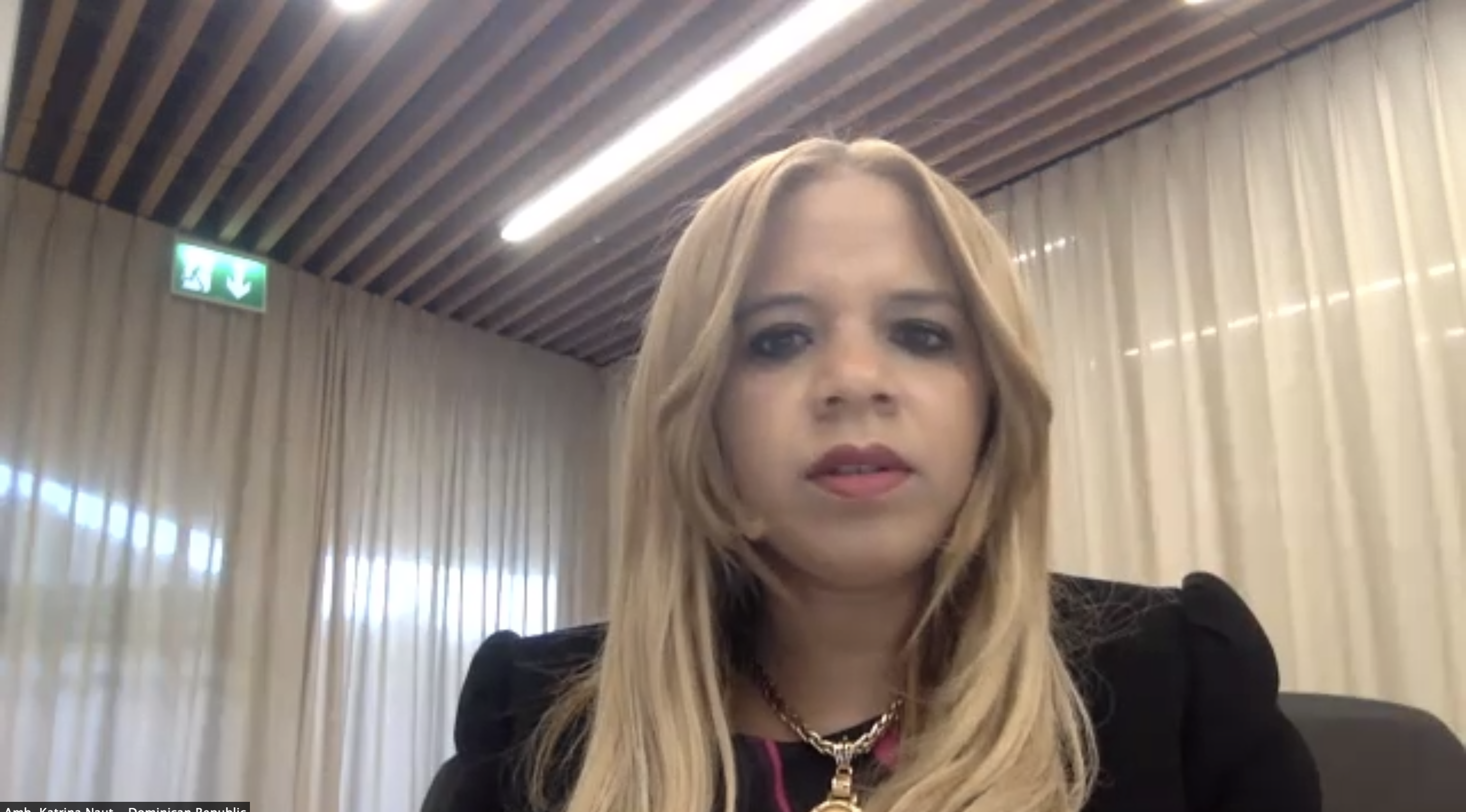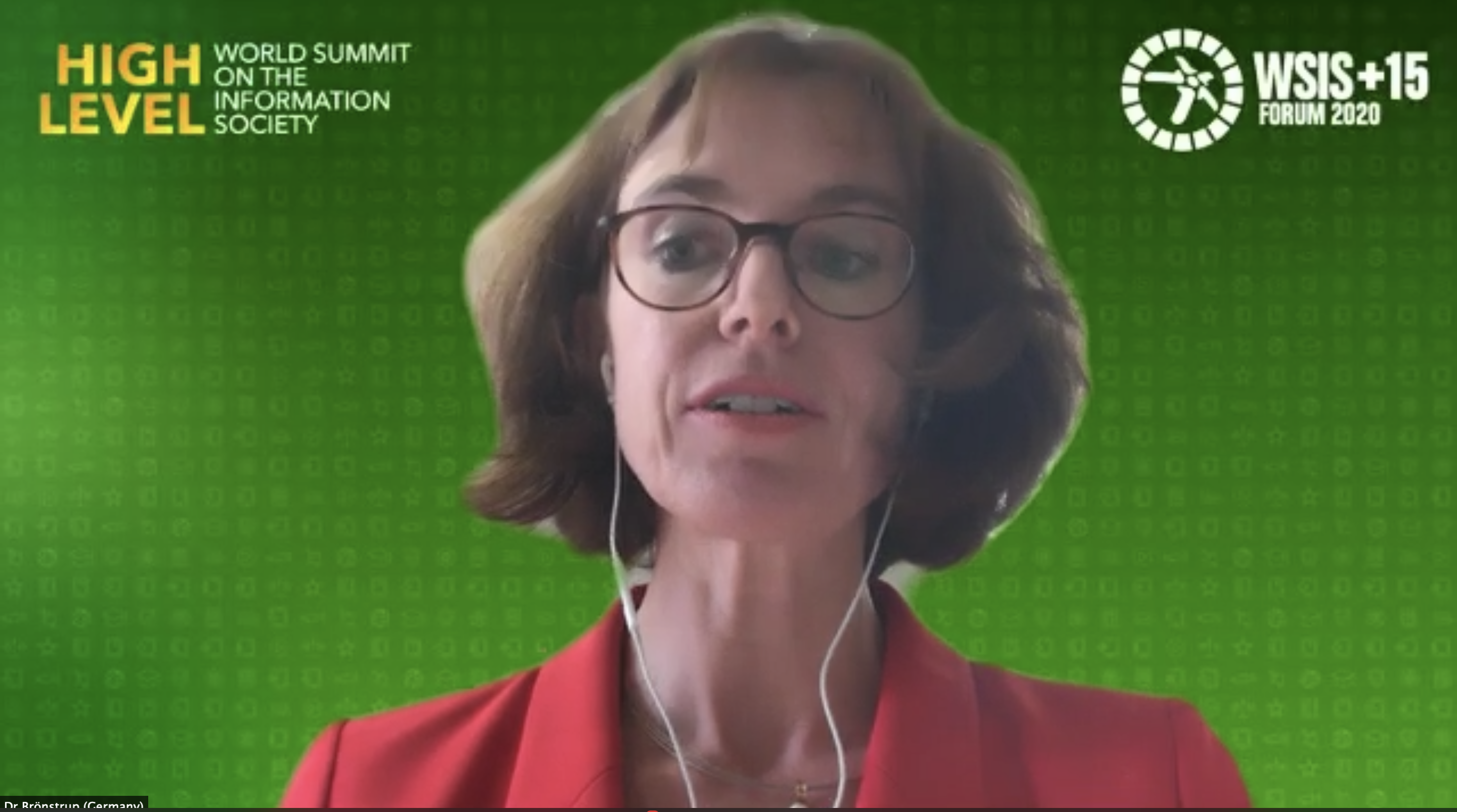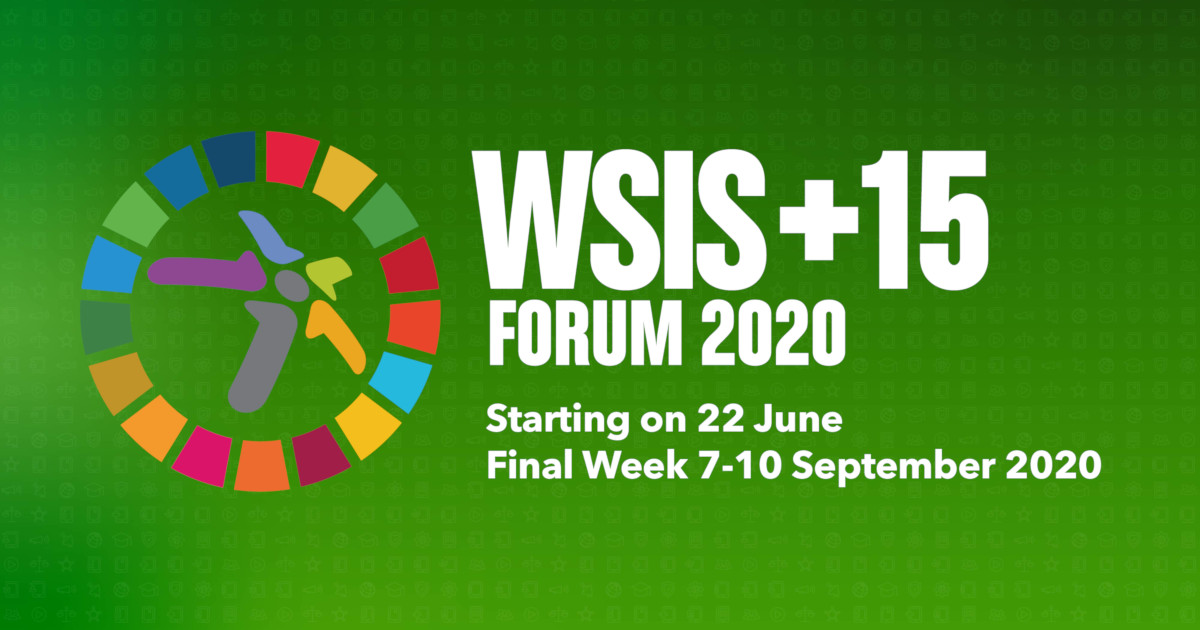High-level Dialogue: 15 Years of the Implementation of WSIS
ITU
Session 368
The World Summit on the Information Society (WSIS) was a ground-breaking Summit, held in recognition of the vast, sweeping changes digital technologies would wreak on our society, economy and way of life. The Summit brought together many different players in recognition of a multi-stakeholder model for the Internet and information society.
The year 2020 marks the 15-year milestone for WSIS and the implementation of the 11 Action Lines moderated/facilitated by UN agencies. Since the adoption of the Sustainable Development Goals (SDGs) the WSIS Process has been aligned with the 2030 Agenda for Sustainable Development. The effective implementation of the WSIS Action Lines can help accelerate the achievement of the SDGs. To that end, the WSIS-SDG Matrix , developed by the UN Action line Facilitators, clearly shows the linkage between each Action line and the 17 SDGs and provides rationale for each. Since 2015, the agenda and outcomes of the annual WSIS Forum show clear linkages between the WSIS Action Lines and SDGs. After almost 15 years of engagement from all WSIS stakeholders, the WSIS Forum remains the leading global platform for multi-stakeholder collaboration to make ICTs a critical driver of global development. This Session will discuss governments and partners can leverage ICTs and existing mechanisms to ensure transformative pathways for achieving the 2030 Agenda.
The 2030 Agenda acknowledges that “the spread of information and communication technology and global interconnectedness has great potential to accelerate human progress, to bridge the digital divide and to develop knowledge societies, as does scientific and technological innovation across areas as diverse as medicine and energy”. Bridging the digital gap and connecting the unconnected remain a serious challenge.

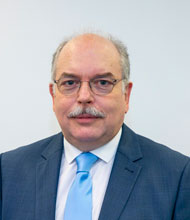
Opening Remarks delivered by Mr. Mario Maniewicz, Director of the Radiocommunication Bureau, ITU


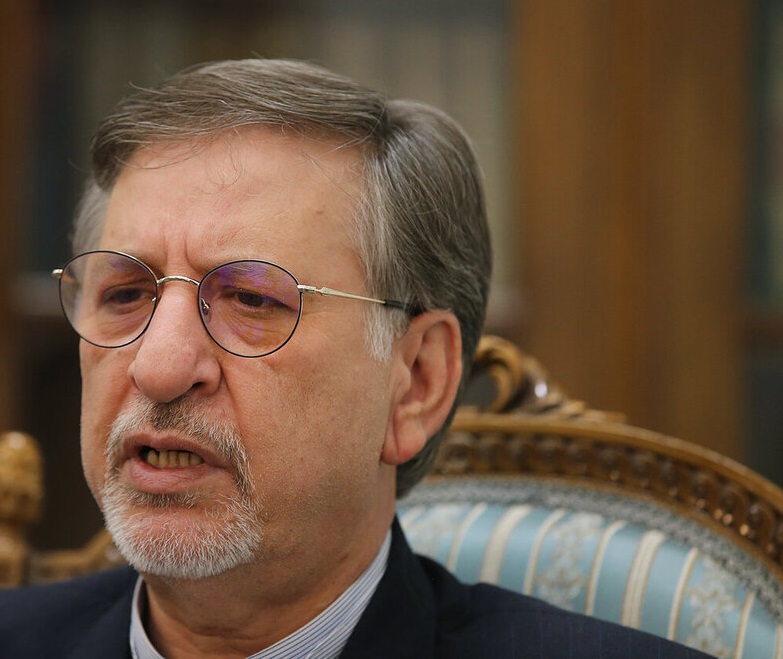
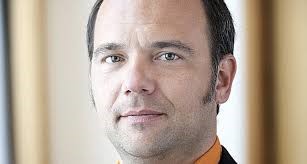

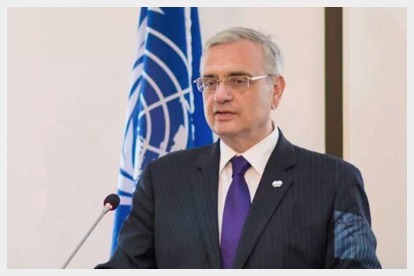

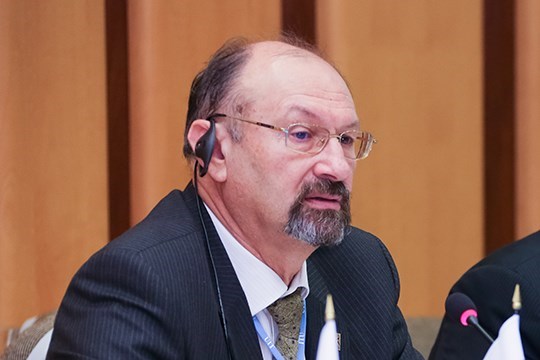

-
 C1. The role of governments and all stakeholders in the promotion of ICTs for development
C1. The role of governments and all stakeholders in the promotion of ICTs for development
-
 C2. Information and communication infrastructure
C2. Information and communication infrastructure
-
 C3. Access to information and knowledge
C3. Access to information and knowledge
-
 C4. Capacity building
C4. Capacity building
-
 C5. Building confidence and security in use of ICTs
C5. Building confidence and security in use of ICTs
-
 C6. Enabling environment
C6. Enabling environment
-
 C7. ICT applications: benefits in all aspects of life — E-government
C7. ICT applications: benefits in all aspects of life — E-government
-
 C7. ICT applications: benefits in all aspects of life — E-business
C7. ICT applications: benefits in all aspects of life — E-business
-
 C7. ICT applications: benefits in all aspects of life — E-learning
C7. ICT applications: benefits in all aspects of life — E-learning
-
 C7. ICT applications: benefits in all aspects of life — E-health
C7. ICT applications: benefits in all aspects of life — E-health
-
 C7. ICT applications: benefits in all aspects of life — E-employment
C7. ICT applications: benefits in all aspects of life — E-employment
-
 C7. ICT applications: benefits in all aspects of life — E-environment
C7. ICT applications: benefits in all aspects of life — E-environment
-
 C7. ICT applications: benefits in all aspects of life — E-agriculture
C7. ICT applications: benefits in all aspects of life — E-agriculture
-
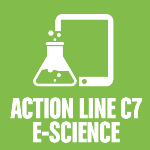 C7. ICT applications: benefits in all aspects of life — E-science
C7. ICT applications: benefits in all aspects of life — E-science
-
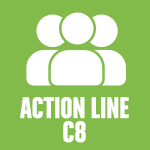 C8. Cultural diversity and identity, linguistic diversity and local content
C8. Cultural diversity and identity, linguistic diversity and local content
-
 C9. Media
C9. Media
-
 C10. Ethical dimensions of the Information Society
C10. Ethical dimensions of the Information Society
-
 C11. International and regional cooperation
C11. International and regional cooperation
The World Summit on the Information Society (WSIS) was a ground-breaking Summit, held in recognition of the vast, sweeping changes digital technologies would wreak on our society, economy and way of life. The Summit brought together many different players in recognition of a multi-stakeholder model for the Internet and information society.
The year 2020 marks the 15-year milestone for WSIS and the implementation of the 11 Action Lines moderated/facilitated by UN agencies. Since the adoption of the Sustainable Development Goals (SDGs) the WSIS Process has been aligned with the 2030 Agenda for Sustainable Development. The effective implementation of the WSIS Action Lines can help accelerate the achievement of the SDGs. To that end, the WSIS-SDG Matrix , developed by the UN Action line Facilitators, clearly shows the linkage between each Action line and the 17 SDGs and provides rationale for each. Since 2015, the agenda and outcomes of the annual WSIS Forum show clear linkages between the WSIS Action Lines and SDGs. After almost 15 years of engagement from all WSIS stakeholders, the WSIS Forum remains the leading global platform for multi-stakeholder collaboration to make ICTs a critical driver of global development. This Session will discuss governments and partners can leverage ICTs and existing mechanisms to ensure transformative pathways for achieving the 2030 Agenda.
The 2030 Agenda acknowledges that “the spread of information and communication technology and global interconnectedness has great potential to accelerate human progress, to bridge the digital divide and to develop knowledge societies, as does scientific and technological innovation across areas as diverse as medicine and energy”. Bridging the digital gap and connecting the unconnected remain a serious challenge.
-
 Goal 1: End poverty in all its forms everywhere
Goal 1: End poverty in all its forms everywhere
-
 Goal 2: End hunger, achieve food security and improved nutrition and promote sustainable agriculture
Goal 2: End hunger, achieve food security and improved nutrition and promote sustainable agriculture
-
 Goal 3: Ensure healthy lives and promote well-being for all
Goal 3: Ensure healthy lives and promote well-being for all
-
 Goal 4: Ensure inclusive and equitable quality education and promote lifelong learning opportunities for all
Goal 4: Ensure inclusive and equitable quality education and promote lifelong learning opportunities for all
-
 Goal 5: Achieve gender equality and empower all women and girls
Goal 5: Achieve gender equality and empower all women and girls
-
 Goal 6: Ensure access to water and sanitation for all
Goal 6: Ensure access to water and sanitation for all
-
 Goal 7: Ensure access to affordable, reliable, sustainable and modern energy for all
Goal 7: Ensure access to affordable, reliable, sustainable and modern energy for all
-
 Goal 8: Promote inclusive and sustainable economic growth, employment and decent work for all
Goal 8: Promote inclusive and sustainable economic growth, employment and decent work for all
-
 Goal 9: Build resilient infrastructure, promote sustainable industrialization and foster innovation
Goal 9: Build resilient infrastructure, promote sustainable industrialization and foster innovation
-
 Goal 10: Reduce inequality within and among countries
Goal 10: Reduce inequality within and among countries
-
 Goal 11: Make cities inclusive, safe, resilient and sustainable
Goal 11: Make cities inclusive, safe, resilient and sustainable
-
 Goal 12: Ensure sustainable consumption and production patterns
Goal 12: Ensure sustainable consumption and production patterns
-
 Goal 13: Take urgent action to combat climate change and its impacts
Goal 13: Take urgent action to combat climate change and its impacts
-
 Goal 14: Conserve and sustainably use the oceans, seas and marine resources
Goal 14: Conserve and sustainably use the oceans, seas and marine resources
-
 Goal 15: Sustainably manage forests, combat desertification, halt and reverse land degradation, halt biodiversity loss
Goal 15: Sustainably manage forests, combat desertification, halt and reverse land degradation, halt biodiversity loss
-
 Goal 16: Promote just, peaceful and inclusive societies
Goal 16: Promote just, peaceful and inclusive societies
-
 Goal 17: Revitalize the global partnership for sustainable development
Goal 17: Revitalize the global partnership for sustainable development






